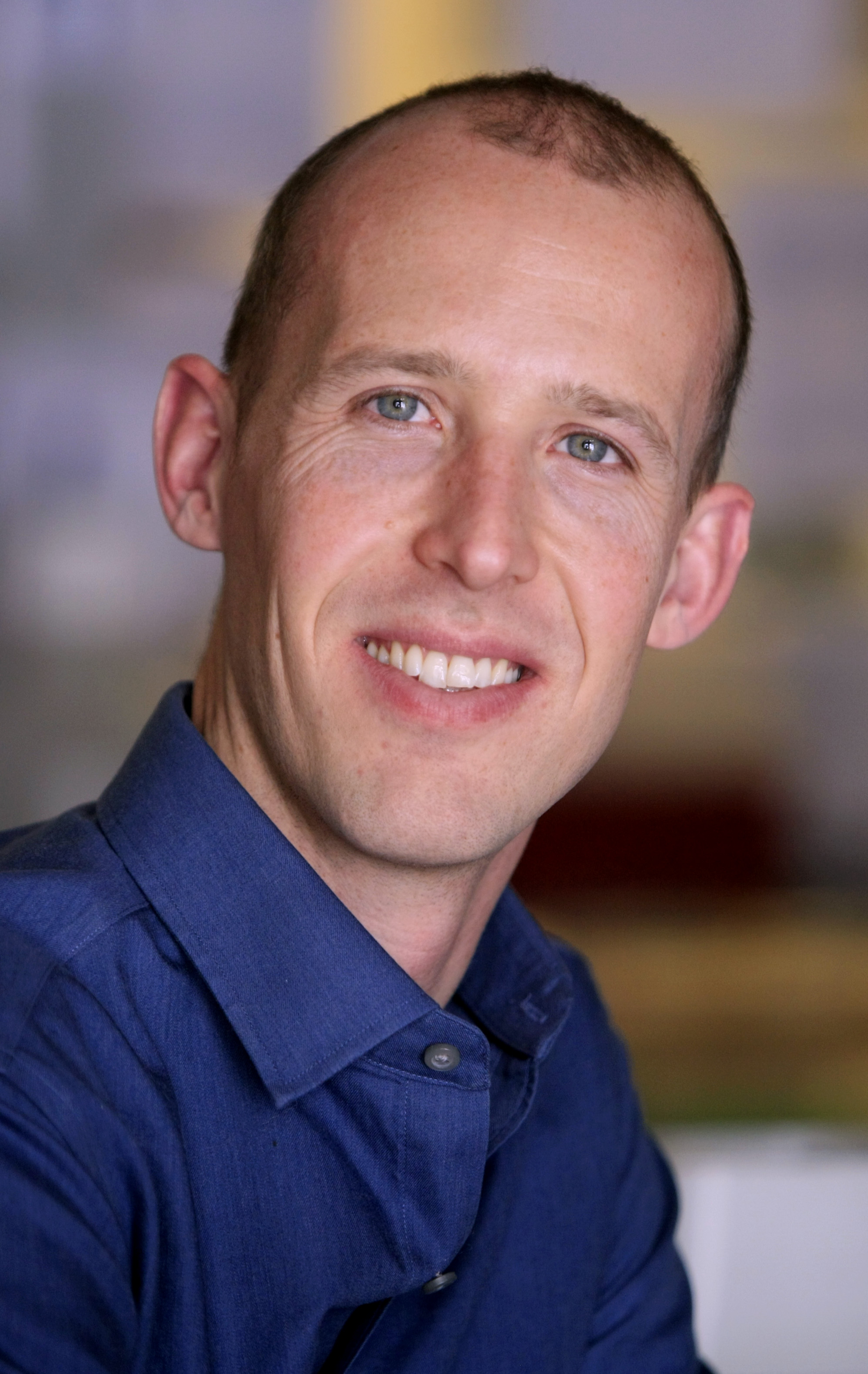
Jared Toettcher, PhD
How do cells store and process information about their environment? We know this process is complex: natural stimuli like growth factors and cell-cell interactions activate signal transduction at specific locations in the cell, and often generate complex activity patterns: pulses, traveling waves, or even oscillations. However, we lack experimental tools to induce these patterns on demand. Our understanding would be transformed if we could "reach into the cell" to assemble defined signaling complexes in a live cell, exactly when and exactly where we want. To achieve this goal, the Toettcher lab develops and applies the tools of cellular optogenetics, enabling us to precisely control protein activity using light. Unlike diffusible chemical stimuli, light can activate a desired protein species without off-target effects, and the intensity of activation can be exquisitely controlled with high spatial and temporal resolution. In the current project, we are applying these tools to understand the molecular assemblies that regulate immune cell activation. Our goal is to obtain fundamental insights into the nature of cellular computation, but successful completion of these studies could enable a new generation of cell therapies and enable us to repurpose the unique capabilities of immune cell signaling to non-immune cell types.
Jared Toettcher is an Associate Professor of Molecular Biology at Princeton University, where his research focuses on cracking the code of how cell signaling patterns control cell fate. Prior to coming to Princeton, Dr Toettcher was a Cancer Research Institute postdoctoral fellow under Orion Weiner and Wendell Lim at UC San Francisco, and obtained his PhD at MIT in Biological Engineering under Bruce Tidor (MIT) and Galit Lahav (Harvard Medical School). He is also the recipient of a 2018 NSF CAREER Award and 2016 NIH Director’s New Innovator Award.